
Sekolah Menengah Kejuruan Farmasi Indonesia
Visi
Indicators that the Vision is being achieved:
Misi
Program
Kelompok Keilmuan
Fokus
Indicators that the Vision is being achieved:
- The number of discovery-based initiatives with clinical, scientific and/or economic impact has increased.
- Our faculty, staff, students and alumni are engaged across colleges, healthcare systems, industrial partners and professional associations to address healthcare needs.
- Faculty, staff, students and alumni pursue and achieve positions of leadership that impact education, research, policy, and delivery of care related to human health.
- The education of students incorporates knowledge of cultural differences in healthcare delivery and effectiveness.
- We are providing access for a diverse student population that fosters a culture of inclusiveness and success.
- SMK Farmasi Indonesia is a global model for leading enhancements in human health.
- Our graduates are proactively recruited by leading employers.
- There is an increase in the number of students entering advanced professional training and/or post-graduate education.
- Medication safety and practice are enhanced as a result of our collaborative efforts with other professionals to develop and manage systems.
- The number of new synergies (partnerships, collaborations and strategic alliances at the local, regional, national and global levels) has increased.
Misi
The Mission of the SMK Farmasi Indonesia is to:
- Educate and train students to become leading pharmacists and scientists,
- Advance scientific discovery and development, and
- Maximize global health outcomes through patient care and public service.
We will accomplish this mission through learning, discovery and engagement by:
- Attracting and retaining talented and diverse faculty, staff and students.
- Delivering a contemporary and innovative professional curriculum that empowers students to advance pharmacy's contribution to healthcare and to provide excellent patient care.
- Generating, integrating, and applying knowledge across disciplines to advance discovery, learning and engagement in pharmacy and pharmaceutical sciences.
- Producing world class scientists for academia and industry.
- Establishing new synergies: partnerships, collaborations and strategic alliances at the local, regional, national and global levels.
Program
Kelompok Keilmuan
Dalam membimbing penelitian dan komunitas, Sekolah Farmasi didukung oleh 6 Kelompok Keilmuan (KK) di bidang :
Fokus
Lihat Juga:
Pharmacy is the health profession that links the health sciences with the chemical
sciences and it is charged with ensuring the safe and effective use
of pharmaceutical drugs.
The scope of pharmacy practice includes more traditional roles such
as compounding and dispensing medications, and it also includes more
modern services related to health
care, including clinical services, reviewing medications for safety
and efficacy, and providing drug information. Pharmacists,
therefore, are the experts on drug therapy and are the primary health
professionals who optimize medication use to provide patients with
positive health outcomes.
An establishment in which pharmacy (in the first sense) is practiced
is called a pharmacy, chemist's or drug store. In
the United States and Canada, drug stores commonly sell not only
medicines, but also miscellaneous items such as candy (sweets), cosmetics,
and magazines,
as well as light refreshments or groceries.
The word pharmacy is derived from its root word pharma
which was a term used since the 15th–17th centuries. However, the
original Greek roots from "Pharmakos" imply sorcery or even poison.
In addition to pharma responsibilities, the pharma offered general
medical advice and a range of services that are now performed solely by
other specialist practitioners, such as surgery
and midwifery.
The pharma (as it was referred to) often operated through a retail shop
which, in addition to ingredients for medicines, sold tobacco and
patent medicines. The pharmas also used many other herbs not listed. The
Greek word Pharmakeia (Greek: φαρμακεια)
derives from Greek: φάρμακον
(pharmakon), meaning "drug" or "medicine"
(the earliest form of the word is the Mycenaean Greek pa-ma-ko, attested in Linear B
syllabic script).
In its investigation of herbal and chemical ingredients, the work of
the pharma may be regarded as a precursor of the modern sciences of chemistry
and pharmacology, prior to the formulation of the
scientific method.
Disciplines
The boundaries between these disciplines and with other sciences, such as biochemistry, are not always clear-cut; and often, collaborative teams from various disciplines research together.
Pharmacology is sometimes considered a fourth discipline of pharmacy. Although pharmacology is essential to the study of pharmacy, it is not specific to pharmacy. Therefore it is usually considered to be a field of the broader sciences.
Pharmacoinformatics is considered another new discipline, for systematic drug discovery and development with efficiency and safety.
- American Society for Pharmacy Law
- Apothecary
- Bachelor of Pharmacy, Master of Pharmacy, Doctor of Pharmacy
- Classification of Pharmaco-Therapeutic Referrals
- Clinical pharmacy
- Consultant pharmacist
- Evidence-based pharmacy in developing countries
- History of pharmacy
- Hospital pharmacy
- International Pharmaceutical Federation
- International Pharmaceutical Students’ Federation
- List of pharmacies
- List of pharmacy associations
- List of pharmacy organizations in the United Kingdom
- List of pharmacy schools
- Nuclear pharmacy
- Online pharmacy
- Pharmaceutical company
- Pharmaceutical industry
- Pharmacogenetics
- Pharmacogenomics
- Pharmacognosy
- Pharmacology
- Pharmaconomist
- Pharmacy Automation - The Tablet Counter
- Pharmacy residency
- Pharmacy informatics
- Professional Further Education in Clinical Pharmacy and Public Health
- Raeapteek (one of the oldest continuously run pharmacies in Europe)
Pharmacy journals
List of Pharmacy Journals
- Pharmacy Professionals Guide Guide for Pharmacy students and Teachers Pharmacists
- Navigator History of Pharmacy Collection of internet resources related to the history of pharmacy
- RPSGB Museum Information Sheets Illustrated information sheets on objects in the history of pharmacy
- History of Pharmacy Web Pages Perbo's History of Pharmacy Web Pages
- Soderlund Pharmacy Museum - Information about the history of the American Drugstore
- The Lloyd Library Library of botanical, medical, pharmaceutical, and scientific books and periodicals, and works of allied sciences
- American Institute of the History of Pharmacy American Institute of the History of Pharmacy—resources in the history of pharmacy
- International Pharmaceutical Federation (FIP) Federation representing national associations of pharmacists and pharmaceutical scientists. Information and resources relating to pharmacy education, practice, science and policy
- Pharmaboard FSR BioPharm German association of pharmacy students
References:
- Watkins, Elizabeth Siegel, “From History of Pharmacy to Pharmaceutical History,” Pharmacy in History, 51 (no. 1, 2009), 3–13.
- (Japanese) Asai,T. (1985). Nyokan Tūkai. Tokyo: Kōdan-Sha.
- (French) Titsingh, Isaac, ed. (1834). [Siyun-sai Rin-siyo/Hayashi Gahō, 1652], Nipon o daï itsi ran; ou, Annales des empereurs du Japon. Paris: Oriental Translation Fund of Great Britain and Ireland....Click link for digitized, full-text copy of this book (in French)
- High Performance Pharmacy - A landmark study in hospital pharmacy performance based on an extensive literature review and the collective experience of the Health Systems Pharmacy Executive Alliance.







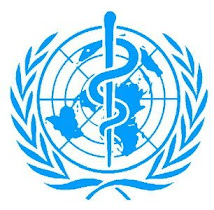
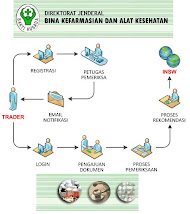

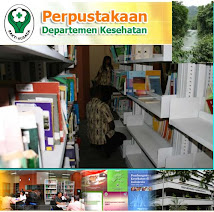
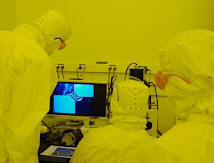
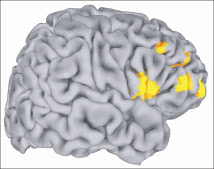

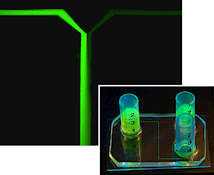
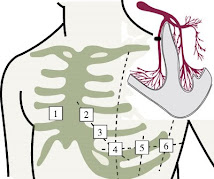
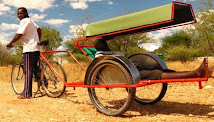

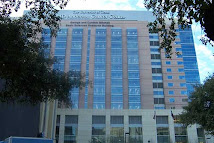

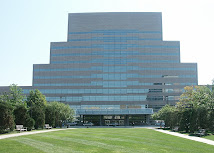

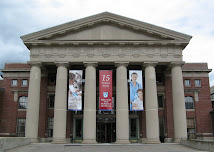
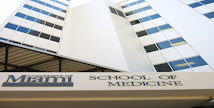

Tidak ada komentar:
Posting Komentar